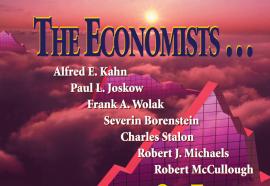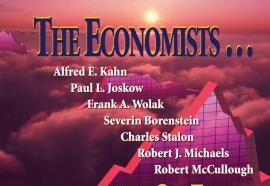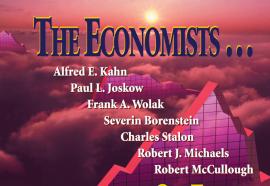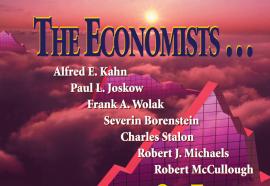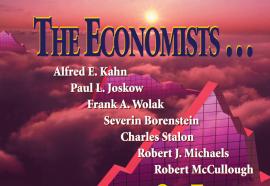The Economists: On the Future of Energy Markets
Uncertainty clouds direction of FERC’s market engineering.
The failure of California markets, Enron, and the low-point of the merchant plant business cycle has left many executives pessimistic over the prospects that true competitive markets in energy will develop. Top economists discuss the industry’s outlook.



